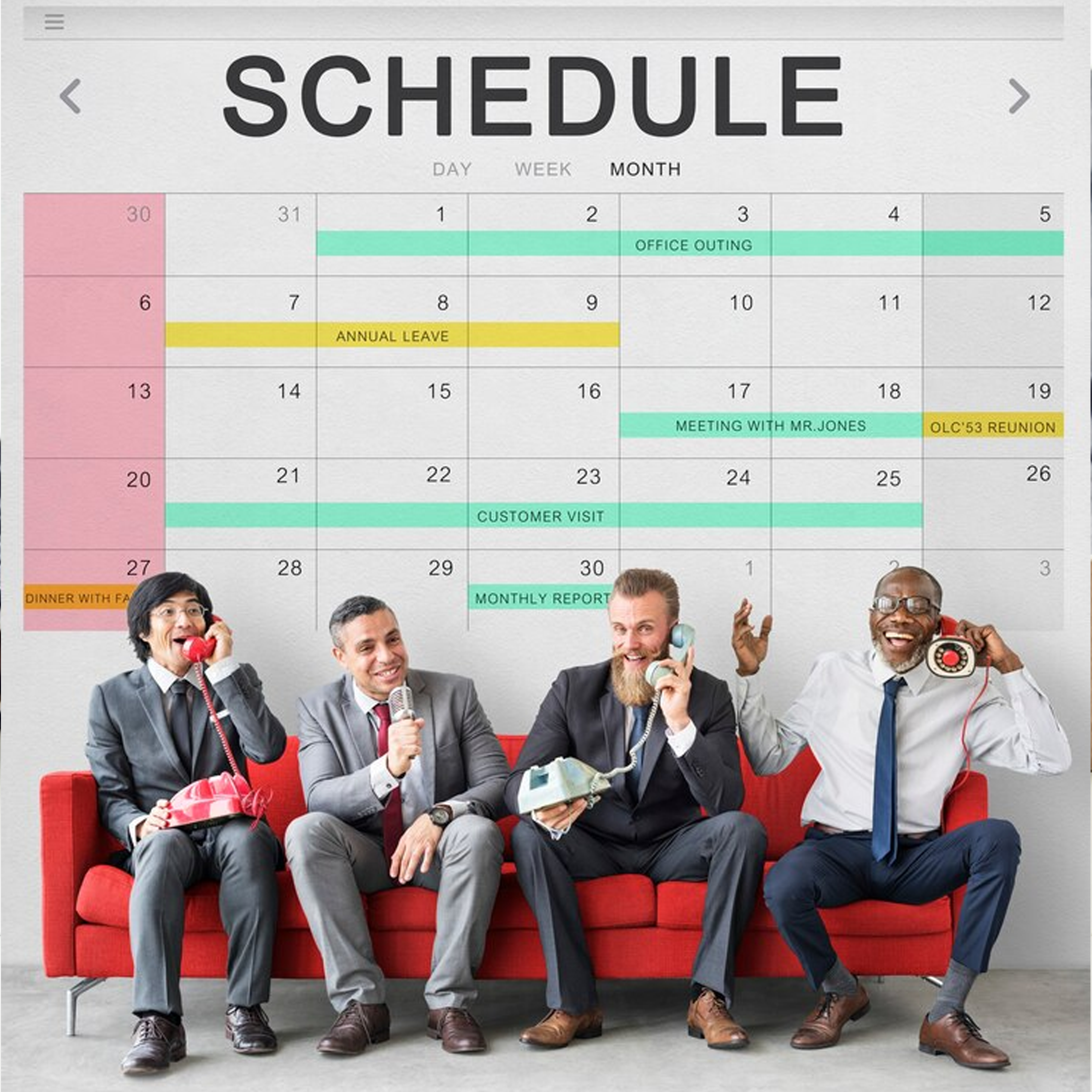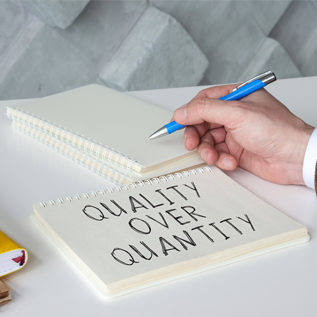Build a stronger work-life structure foundation is essential for people who want to achieve a state of equilibrium, happiness, and overall wellness. Finding the proper equilibrium is a never-ending task in the fast-paced, modern world where job demands can be enormous and personal obligations are just as important. This article explores a wide range of strategies and techniques that can support people in creating a more robust work-life balance and leading healthier, more satisfying lives.
Their ability to match people with suitable opportunities and their in-depth knowledge of industry expectations enable them to connect the right personnel with the right organizations. Essentially, staffing services play the role of strategic partners, building relationships that support a more flexible and responsive labor market. These agencies are essential collaborators in searching for career chances since they are dynamic organizations sensitive to changing industry needs. They influence the modern employment landscape.

Understanding the Importance of Work-Life Structure
Understanding the importance of a Build a stronger work-life structure outside of work is essential before delving into specific strategies. Beyond boosting satisfaction, benefits include enhanced connections, greater efficiency, improved mental health, and long-term employment sustainability.

Setting clear boundaries
A vital aspect of a solid work-life paradigm is setting separate boundaries between one's private and professional worlds. Work and personal time plans must be established for balance to be preserved. This involves fighting the urge to peruse work-related emails or work on work-related tasks during set-aside periods for yourself. Setting these limits allows time to be devoted to rejuvenation and healing while avoiding burnout.

Creating a Schedule
Developing an organized timetable is crucial to a successful work-life balance plan. For this, make a daily or weekly schedule that specifies specific times for employment, leisure, and personal activities. Consistency is essential for adhering to the plan because it creates a more straightforward pattern to follow as time passes.

Prioritizing Tasks
Establishing goals well is crucial in a world with constantly additional standards to fulfill. People must set aside their most significant activities and dedicate certain work hours to accomplishing them. Individuals may make the most of their time by understanding what matters and preventing them from getting bogged down by less important tasks.

Learning to Say No
One of the most essential elements of maintaining a good employment balance is having the ability to say no. Acknowledging one's limitations is vital to being ambitious and ready for new challenges. When overwhelmed, politely denying further work or commitments helps keep one's focus on current responsibilities and avoids committing too much to oneself.

Establishing a Dedicated Workspace
Creating a dedicated and well-organized computer at home is crucial for working remotely. The physical separation of spaces between working and personal areas facilitates mental division. It increases the capacity to move smoothly between work and private life by designating the start and conclusion of workdays.
Personalized Career Guidance
In today’s competitive employment market, where numerous job boards and online platforms compete for users’ attention, choosing the proper career path can be a complex undertaking. Staffing companies stand out as crucial allies in this complexity, providing more than simply transactional services. They offer career counseling that is individualized and team-oriented, turning the job hunt into a strategic alliance.

Unleashing Your Strengths
Staffing firms do more than just place people in jobs. They take the time to learn about your particular goals, talents, and capabilities in order to create a customized road map for success. This entails closely examining your career path to help you recognize and capitalize on your abilities.
Taking regular breaks
Research suggests regular breaks can significantly boost overall efficiency, debunking the myth that working continuously improves productivity. Individuals can recuperate, reduce their stress levels, and return to work with more energy and focus if they take brief breaks during their shifts.
Setting realistic goals
Keeping an enjoyable work-life balance calls for setting realistic, achievable objectives. A continuous sense of inadequacy, dissatisfaction, and fatigue can result from having unrealistic expectations. Individuals can feel successful without sacrificing their health if they establish goals that align with their skills.
Utilizing Technology Wisely
Technology has increased efficiency and connectedness but can also adversely affect employment balance. Making sensible use of technology involves restricting the time spent on digital devices and using productivity tools. Build a stronger work-life structure for messages, alerts, and work-related applications to prevent technology from invading your private life.
Utilizing Technology Wisely
Technology has increased efficiency and connectedness but can also adversely affect employment balance. Making sensible use of technology involves restricting the time spent on digital devices and using productivity tools. Establish boundaries for messages, alerts, and work-related applications to prevent technology from invading your private life.
Communicating Effectively
One of the main components of a successful work structure is efficient interaction. Inform coworkers, managers, and other loved ones of your accessibility and your hours. It can be done to reduce misunderstandings and free individuals from needless distractions so they can focus on what they do best.

Investing in Self-Care
It is essential to prioritize self-care actions to maintain a solid employment balance. The foundations of wellbeing are enough sleep, a nutritious diet, and exercise. Individuals who look after their physical and mental wellbeing are better able to handle the rigors of their personal and professional lives.

Establishing Rituals
Creating rituals may be an excellent way to let people know when work and leisure time end. These may be as easy as enjoying a little stroll, meditating for just a few minutes, or completing something specific to mark the end of the workday. Rituals promote a mental shift that makes getting away from thoughts about work easier.

Quality over quantity
Putting job quality over quantity is essential for establishing a healthy employment balance. By prioritizing significant tasks, people may feel a sense of accomplishment without caving into the pressure of continuous movement.

Delegating Responsibilities
One skill that significantly helps an employment balance structure is employment allocation. Sharing responsibilities with others lowers burdens and gives individuals more time to zero in on their top goals at work and in their private lives. It's an approach that promotes cooperation and protects against stress.

Evaluating and Adjustment
A healthy employment balance is a continuous process that has to be evaluated and adjusted continuously, instead of something that happens once. Over time, priorities, job responsibilities, and life situations can all change. The long-term efficacy of the chosen remedies is guaranteed by being open to reconsidering and implementing the required changes.

Taking time off
Taking vacations and days off is not a luxury; it's vital for maintaining an advantageous employment balance. Time out of work lets one relax, think, and spend precious time with friends and family. It is crucial to maintain long-term satisfaction with work while preventing stress.

